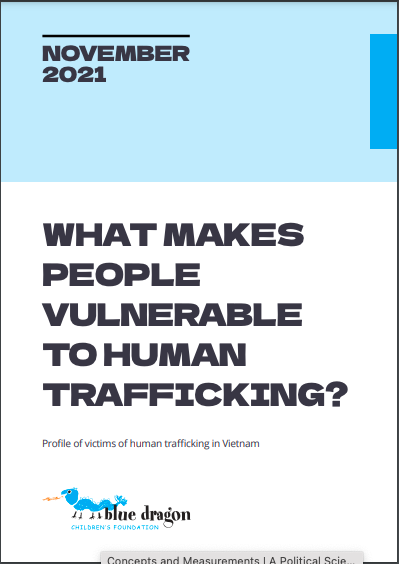We are pleased to share a new report that captures the movements of migrant workers coming to Malaysia, based on data contributions from International Domestic Workers Federation, Persatuan Sahabat Wanita Selangor, Migrant CARE Malaysia, Human Trafficking Watch, Penang Diocese Migrant Ministry, North South Initiative and Seahut.
This report provides an overview of the submitted data. In total, the participating organizations submitted 67 routes in which Malaysia was the destination country. These included recorded cases originating from Cambodia, Bangladesh, Indonesia, Myanmar, Nepal and Pakistan, as well as from within Malaysia itself. In addition to this data on routes used by at-risk migrants, the CSOs submitted extra details of the most recent cases they have encountered involving these routes. As a result, the data set provides the mode of transport and also the industries of exploitation for each specific destination within Malaysia.

